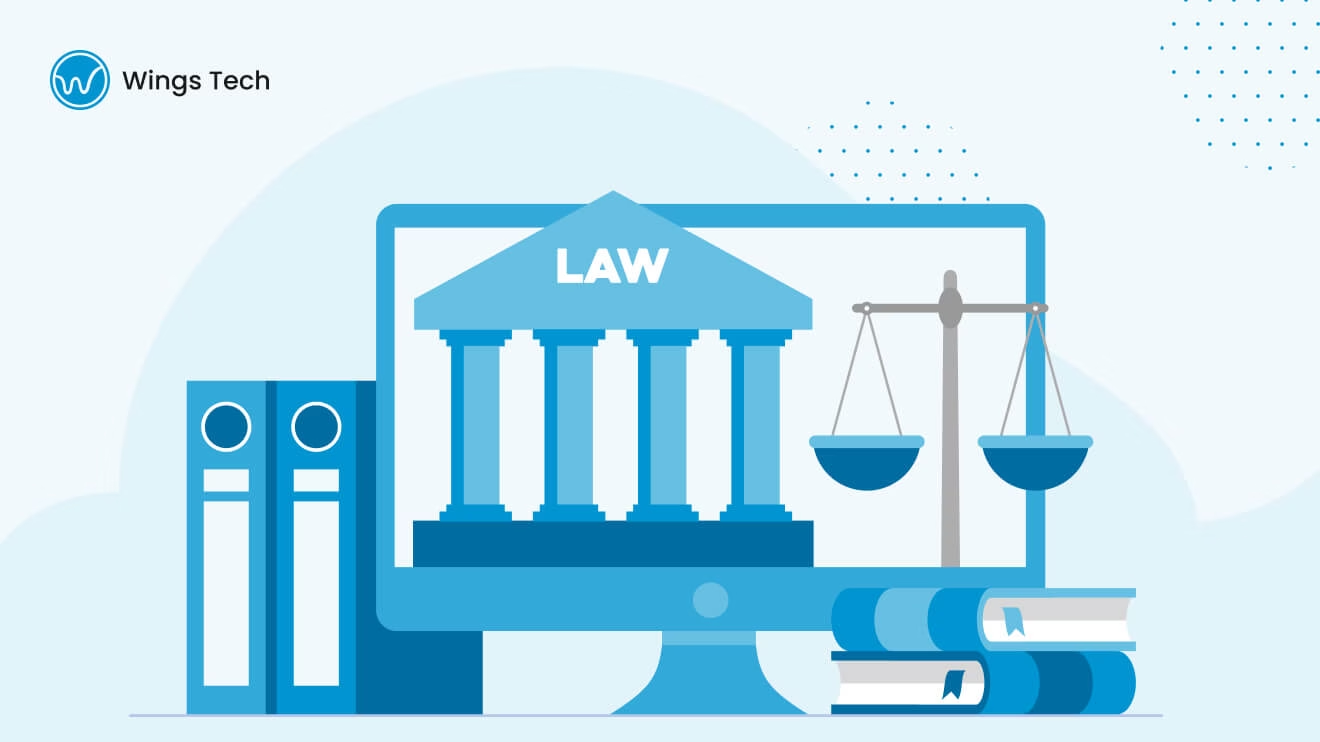Table of Contents
Ecommerce trust signals are more than design elements. These trust signals are what push buyers right to the edge, and connect them irrevocably to your ecommerce store. In 2025, with 86% of people making online purchases monthly, shoppers prioritize convenience and credibility over flashy visuals and complex online shopping experiences. Additionally, with the increasing number of digital and data frauds in the market, trust has become the new benchmark that eCommerce stores must follow.
This blog sheds light on the online trust signals in eCommerce and how they guide buyer decisions to shape your brand’s loyalty. These online trust factors cannot be merely treated as a ‘feature’; rather, they are the most recognizable credibility markers your store can have.
What are eCommerce Trust Signals?
Ecommerce trust signals are more than visual cues; they silently assure your audience of your credibility. Security badges, honest reviews, and transparent return policies communicate your store’s ability to keep user data safe. The digital world today is built on perception, and these online trust signals help users perceive your brand as the most trustworthy option out there.
These online trust signals can also fuel buyer confidence and turn passive users just browsing into active customers.
Also Read: How to start an eCommerce business
Importance of eCommerce Trust Signals
Online Trust signals in ecommerce are more than just cosmetic buttons on a site. They are behavioral triggers that can influence the psychology of purchase. In a digital space, these online ecommerce trust signals are the most important sales catalyst.
Ecommerce trust signals reduce cart abandonment and bounce rates
Trust cues, like SSL certificates as well as secure checkout, plus realistic customer testimonials, sell your product before your salesperson does. These signals provide a massive reassurance to shoppers and drive higher conversion rates.
Websites that use these trust signals immediately notice a difference with fewer abandoned carts and reduced hesitation.
Increased Customer Loyalty and Lifetime Value
Positive and secure shopping experiences build the emotional equity that users need to become permanent users of your eCommerce store. These customers advocate for your brand more than any salesperson ever can.
Today, word-of-mouth marketing trumps most marketing, and the more trust you instill, the more value your customers feel.
Enhanced Brand Credibility and Recognition
Brands that show integrity in a visible manner via trust signals earn credibility both for users and search engines. A trustworthy ecommerce store improves SEO and attracts customers organically.
In a saturated ecommerce marketplace, online trust signals are the best growth strategy for brand visibility and long-term success.
Different Types of eCommerce Trust Signals
Ecommerce trust signals convert skeptical customers into online sales. Different types of trust signals target specific doubts of different customers, and all of them collectively drive conversion rates when implemented correctly.
Looking to reduce cart abandonment on your store?
On-site Trust Signals
These are the types of online trust signals that should be implemented:
SSL certificates and HTTPS
Encryption is visible trust. SSL certificates and HTTPS protect sensitive customer data and signal that your site honors privacy. Many shoppers trust a website with a padlock symbol before sharing payment information.
Making security a trust prerequisite, even Google rewards security with high rankings via SEO.
Contact information and customer support
A transparent business is a trustworthy business. When you display contact details on screen, it reassures buyers that real people can stand behind the screen.
Responsive online stores like live chat and email show you are not just selling, but interacting with your customers.








